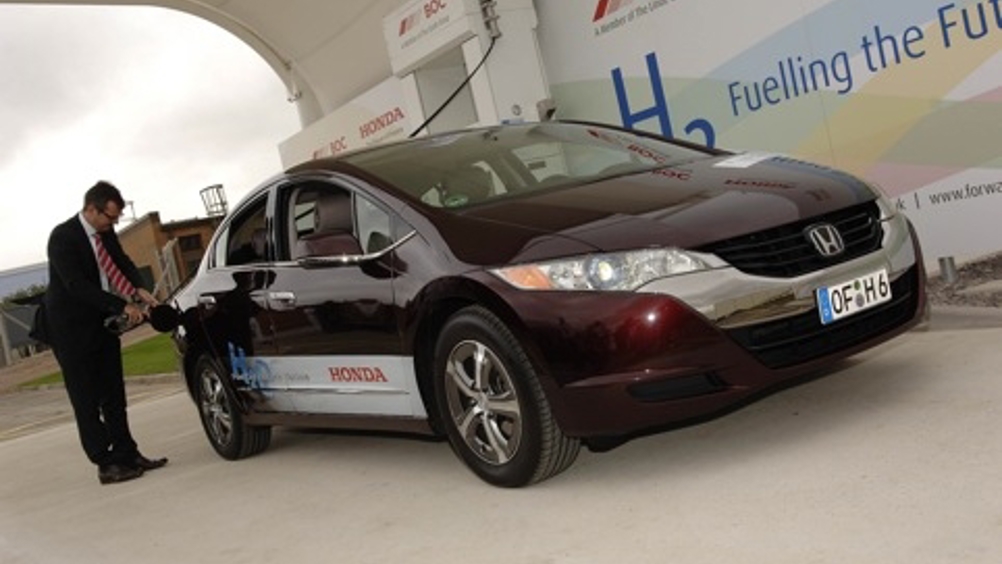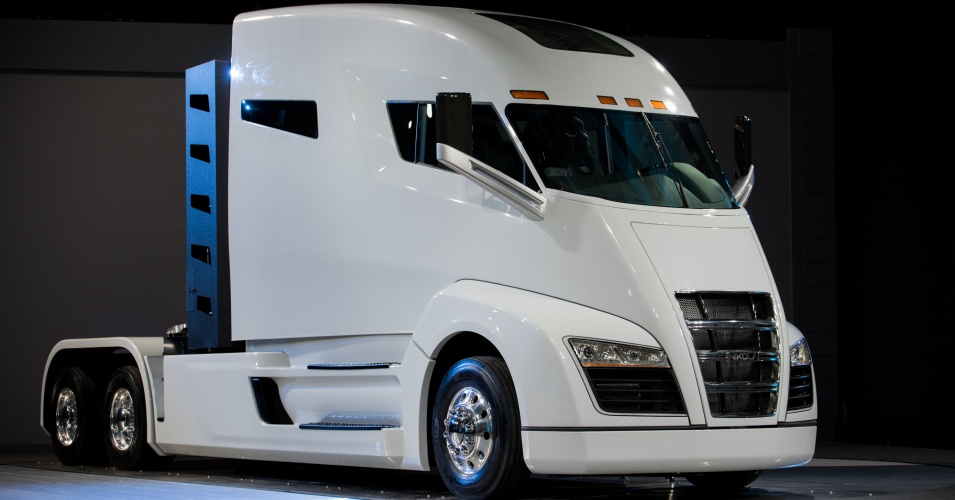New report says hydrogen can meet 18 per cent of energy demand by 2050
A new study has detailed how hydrogen energy can make up around one-fifth of the total energy mix by 2050, helping to keep global warming below two degrees Celsius.

The report was commissioned by the Hydrogen Council, a coalition formed earlier this year featuring the CEOs of automotive and energy giants including Shell, Air Liquide, General Motors, Statoil, BMW and Toyota. Entitled Hydrogen, Scaling up, it provides a roadmap for the expansion of the sector. By 2030, 10 to 15 million cars and 500,000 trucks could be hydrogen-powered. Overall, total demand could increase tenfold to almost 80EJ (around 22,000TWh) by 2050, according to the study.

The Nikola One hydrogen-electric truck
Seven particular areas were identified by the council where hydrogen energy can play a key role:
“The world in the 21st century must transition to widespread low carbon energy use,” said Takeshi Uchiyamada, chairman of Toyota Motor Corporation and co-chair of the Hydrogen Council.
“Hydrogen is an indispensable resource to achieve this transition because it can be used to store and transport wind, solar and other renewable electricity to power transportation and many other things. The Council has identified seven roles for hydrogen, which is why we are encouraging governments and investors to give it a prominent role in their energy plans. The sooner we get the hydrogen economy going, the better, and we are all committed to making this a reality.”
Register now to continue reading
Thanks for visiting The Engineer. You’ve now reached your monthly limit of news stories. Register for free to unlock unlimited access to all of our news coverage, as well as premium content including opinion, in-depth features and special reports.
Benefits of registering
-
In-depth insights and coverage of key emerging trends
-
Unrestricted access to special reports throughout the year
-
Daily technology news delivered straight to your inbox











Water Sector Talent Exodus Could Cripple The Sector
Well let´s do a little experiment. My last (10.4.25) half-yearly water/waste water bill from Severn Trent was £98.29. How much does not-for-profit Dŵr...